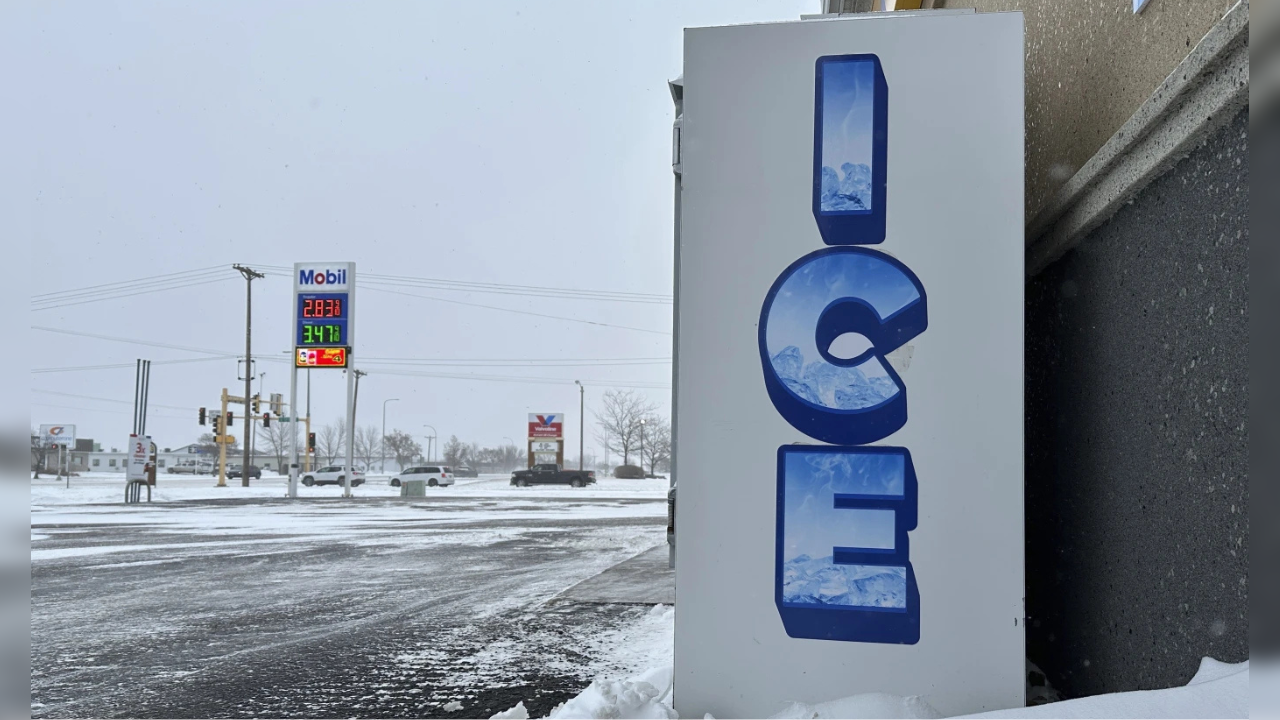World
François Heisbourg: “Learning to live without the United States”

As part of our series on the US presidential election, Paperjam asked François Heisbourg to detail the impact of the outcome of the election on 5 November on relations between the United States and Europe. Heisbourg is senior adviser for Europe at the London-based International Institute for Strategic Studies (IISS). He holds dual French and Luxembourg nationality and is a recognised specialist in geopolitics.
For François Heisbourg–and this is the central thesis of his latest book, “Un monde sans l’Amérique” (A world without America), published by Odile Jacob–the outcome of the US presidential election in November is irrelevant: Europe must learn to live without the United States.
The Indo-Pacific temptation
That’s not to say that on this side of the Atlantic, Kamala Harris and Donald Trump are one and the same. “Kamala Harris is the vice president of Joe Biden, who is a classic Atlanticist. So any change in Atlanticist relations under her presidency would be a relatively slow change. With Trump on the other hand, it would be loud and furious. He risks a brutal traumatic shock. That is the difference. But in terms of substance, you have to realise that among the elements of consensus that are very rare in the United States, the fact that the main strategic problem for the United States now lies in the Indo-Pacific region, and in particular around China, brings people together. Europe is no longer considered a priority, and for the Americans, Europeans will have to take on the essential part of their own defence. We are coming to the end of a cycle of more than 70 years of transatlantic defence. Europeans can’t say to themselves that if Kamala Harris is elected, they can go back to sleep in the knowledge that the Americans will always be there to defend us.” And the deployment of North Korean forces in Ukraine, if confirmed, will do nothing to change that. “It will only confirm for the Americans the need to be more prepared than they have been for a conflict in the Asia-Pacific.”
Rethinking the European defence architecture
According to Heisbourg, Europe cannot live without the Atlantic alliance. “No European army could have held out for ten days against the equivalent of the Russian offensive in Ukraine, which the Ukrainians are resisting. Certainly with our help, but they have been doing most of the work for nearly three years now. This is not for lack of resources. It is because the necessary resources have not been mobilised. And if a political consensus were to emerge today, it would take time for European industry to follow suit. It has to be said that what is sometimes called the war economy is very slow to take hold in Europe. In 10 years’ time, things could be different. And I think that Europeans, if they so decide, could free themselves from the strategic primacy of the United States. But once again, we are not there yet. We are coming out of thirty years of peace dividends, and the least we can say is that we are having a great deal of trouble making a success of this exit at the strategic level.”
How can we speed things up? “First, by increasing defence spending. This poses problems for heavily indebted European states. In Germany, the problem is not the debt, it’s the constitution. But a consensus seems to be emerging to remove these legal obstacles. Next, we need to spend efficiently. This means issuing European invitations to tender, which will have to be managed at a supranational level. This is beginning to happen in the area of munitions. In the field of armaments, it’s a different matter. It will take years to get there, assuming we bite the bullet. Which is likely to be the case if Donald Trump is elected. I think there would then be a re-mobilisation of energies.”
Luxembourg’s strengths
In this context, what can a small country like the grand duchy do to contribute to the European defence effort? For Heisbourg, “it’s obviously not in terms of the budget that Luxembourg is going to make a big difference, but by taking advantage of the fact that the country is a hub of globalisation in a whole range of areas such as finance and space.” He goes on to point out that it was via Luxembourg that the operation to deliver Pakistani weapons to Kyiv, which transited through Nato member countries, was set up. “Luxembourg may be a small country, but it holds powerful cards. But to make the most of these assets, they need to be organised accordingly.”
From an economic point of view, links with the United States are not likely to deteriorate. “Europe and the United States are the two regions with the strongest economic links in terms of direct investment in both directions and in terms of trade transactions. This remains the most consistent pairing on the planet, even if it is challenged by China. If we want to have a global economy that functions more or less as it should, it would be surprising if we succeeded if we reverted to the hostile autarky policies of the 1930s. Even if the trend is indeed towards protectionism, it won’t come to that.”
American politics in dysfunctional mode
While for Europeans foreign policy issues are the central issues in this campaign, this is far from being the case for American voters. With the exception, he believes, of the conflict in the Middle East, which could lead certain sections of the population that tend to favour the Democrats–mainly Americans of Arab origin and students–to abstain. “Such an abstention would be a problem for Kamala Harris, particularly in the swing states. The presidential election is not an election by direct universal suffrage, but by indirect universal suffrage with the election of electors known as the electoral college. And so each state is a specific battleground.”
The aspect that Heisbourg pay close attention to is, with the extreme polarisation of American political life, the risks of institutional dysfunction. “If the vote is extremely close–and it is quite possible that it will be–one way of provoking institutional chaos would be for a state controlled by the party in which the candidate was not elected to refuse to certify the results. Until now, this has been inconceivable. In this particular year, anything can happen. Remember the invasion of the Capitol on 6 January 2021, the aim of which was to prevent the certification of votes in Congress. The insurgents came within 20 metres of succeeding… We are in a period where the regular functioning of institutions can be put at risk.”
This article was originally published in . Updated 30 October at 12:45, to add a translation of the title of François Heisbourg’s book.










